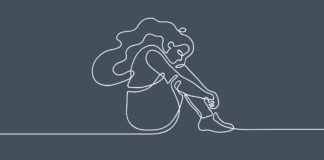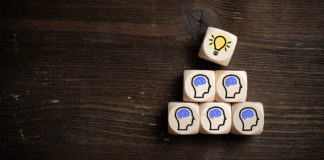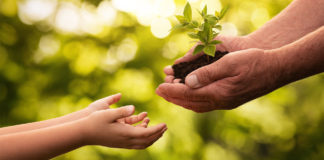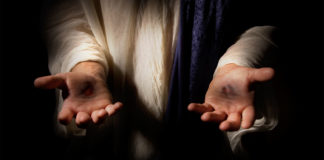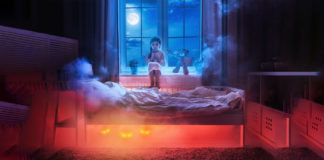The power of grief: How to survive the death of a loved one
There has been an increase in the number of so-called "experts" in an increasing number of so-called "fields". It seems that all of life has been divided into neatly-marketable industries. No wonder then that the arrival of a new expert in something familiar to mankind for ages, is met with caution. In the case of Julia Samuel's expertise in the field of grief...
Where should we go for help?
There were once two friends. One day, one of them went to the other, with a heavy heart, less than desirable thoughts in his head, and a bevy of bad behaviours. He really wanted to change them. He wanted to get better.
Thinking errors: What do we do with destructive thought patterns?
What we think about ourselves, over time, becomes our reality. This is a good enough reason to identify thinking errors left running in the background and to seek out strategies for healthier thinking.
The fear of facing fear
“To be fearless may be a gift. However, the most precious one is, probably, the courage resulting from developing the habit of not allowing fear to dictate your actions”, says the renowned Nobel Peace Prize winner and democracy activist in Myanmar, Aung San Suu Kyi, in her essay titled “Free from fear”.
Daily habits for a good memory
It happens to all of us. We misplace the keys, forget a phone number or where we put our reading glasses. With age, such things happen more often, whether we like it or not. The good news is, our brain continues to produce new cells regardless of our age. Therefore, it is possible to have a good memory despite the aging process.
Planted—and growing
One of the most overused metaphors for our human experience of life is that of the journey.
When love ties us too tightly
"Love means never having to say you're sorry." When I first heard this line from the "Love Story" blockbuster, I thought I was the only one who didn't understand what it meant. However, after watching a recent interview with the lead actress, I was reassured. She too thought it was a stupid thing to say. Still, the phrase was a hit at the...
Christ in them
I notice people, and passionately collect their stories. My favourite stories include those small cracks that allow one to peek inside another soul, those moments when their voice is almost imperceptibly altered, the eyes light up for a reason I do not know, and their gestures are unexpected.
Defined by sensitivity: Helping orchid children flourish
In a society that does not place great value on sensitivity, raising orchid children—children who are hypersensitive to environmental conditions—can be an overwhelming experience for parents. At least, until they realize the vital role they can play in unleashing the extraordinary potential that such children have.
”Think of the children!” Are video games harming us?
As the world went into various lockdowns over the course of last year, people turned to a variety of entertainment forms to cope with...
Resilience: An invisible shield in the face of our problems
When strangers give you a helping hand after your friends have forgotten about you, the world suddenly seems a little more beautiful. This was the experience of PJ Robins when a crowd of strangers suddenly arrived at the party for his autistic little girl, which no one else had wanted to attend.
The inferiority complex and how to combat it
A lack of self confidence is like a stain that doesn't go away by itself. It is like oil dripping out of a machine, its drops collecting in the puddle of an inferiority complex. Such a problem is difficult to mitigate, even with motivational speeches or hopeful injections of fragile optimism.
What do you do when you reach the end of love?
When I'm tired I can't love! Many times I have lived this reality and even assessed it as the exact end of love.
The illusion of connection
I sat slouched on the edge of my bed, blue light illuminating my face in the dark. It was the tenth time I’d checked my phone in the space of five minutes. I grimaced. Was something wrong with me?
No monster under the bed: Helping your child cope with fear
There is no monster under the bed—that much is certain. But how do you convince your child of this, when they come to you, for the hundredth time, with the same fear? When you constantly use the same unheeded command, "Stop fooling around and go to sleep!", this is a sign that you need to learn more about your child's anxiety, and how...















